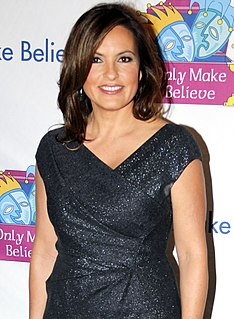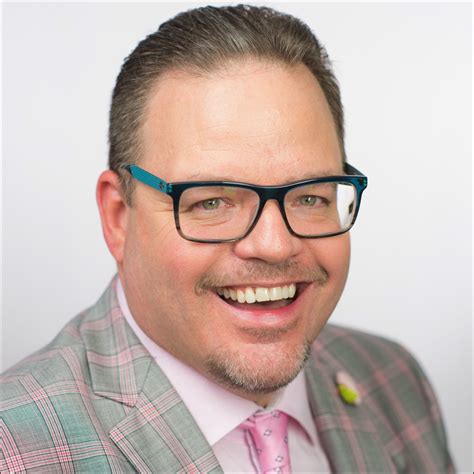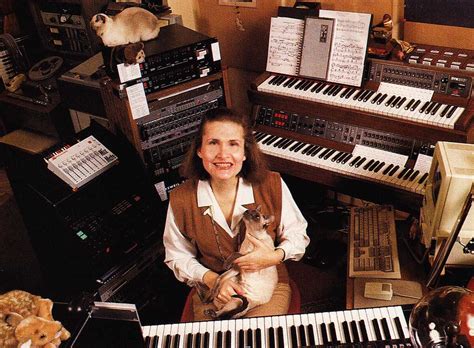A Quote by Marjane Satrapi
I think that all stories - if you make movies about zombies and aliens - it has always to do with your personal story. If not directly, it is about your fears, your obsessions, things like that.
Related Quotes
I believe everything is autobiographical. If it's not strictly about you, it's your peers, your obsessions, things that make you angry, or things that you've been watching or obsessing about. Preoccupying you for reasons you don't necessarily know, but it's about you. It says a lot about you. It's like when someone tells you their dream and you sit there going, "Do you realize how much you're revealing about yourself right now?" It's kind of embarrassing.
When you're looking for stories or movies usually the great stories are about people in their 30s or 40s because they've lived more life and they're usually accomplishing more incredible things. But when there's an interesting story about someone that's your age, you immediately - especially when you're younger - are like, "Wow that's crazy! There's not very many of these."
I don't think an actor needs to necessarily go through his things to do his job. I think it's way more important to imagine. And then, when you're imagining, your experiences, your images and your own personal things will show up, but you keep imagining. You don't get stuck in your own personal things, otherwise you are telling your story in every character, and that's not interesting for anybody.
The truth about being a writer is you do not choose the stories you tell, but stories choose you. You do not choose, therefore, characters either. Novels are like dreams you dream with your eyes open; they are books which appear in your head with the same apparent immediateness as they appear in your dreams at night. A writer always writes their obsessions and the truth is that all throughout life we end up writing the same thing in different ways.
Many people don’t realize the extent to which stories influence our behavior and even shape our culture. Think about how Bible stories teach the fundamentals of religion and rules of conduct. Think of the fables and parables that molded your values. Think of how stories about your national, cultural or family history have shaped your attitudes about yourself and others.
Trust your father. He is not perfect, but he loves you and would never do anything he didn't think was in your best interest. So talk to him. Share your thoughts and feelings, your dreams and your fears. The more he knows about your life, the better chance he has to understand your concerns and to give you good counsel.
Your body is not who you are. I don't think women should label themselves based on the way they look. What about defining yourself by a different kind of measurement? What about your heart, your soul, your compassion, your generosity, your strength and your power? There are so many other things to focus on besides your waistline.
If you can somehow force a liberal into a point-counterpoint argument, his retorts will bear no relation to what you’ve said - unless you were in fact talking about your looks, your age, your weight, your personal obsessions, or whether you are a fascist. In the famous liberal two-step, they leap from one idiotic point to the next, so you can never nail them. It’s like arguing with someone with Attention Deficit Disorder.
The story, I like to say and remember, is always smarter than you—there will be patterns of theme, image, and idea that are much savvier and more complex than what you could come up with on your own. Find them with your marking pens as they emerge in your drafts. Become a student of your work in progress. Look for what your material is telling you about your material. Every aspect of a story has its own story.
Your father tells you a story when you're a kid, or your mother or your uncle or whoever it is. You sit there with your mouth open, and your mind goes to all these places they're telling you about that you've never seen, and you're agape. You just can't believe that things can happen like that - but it's just so direct.







































